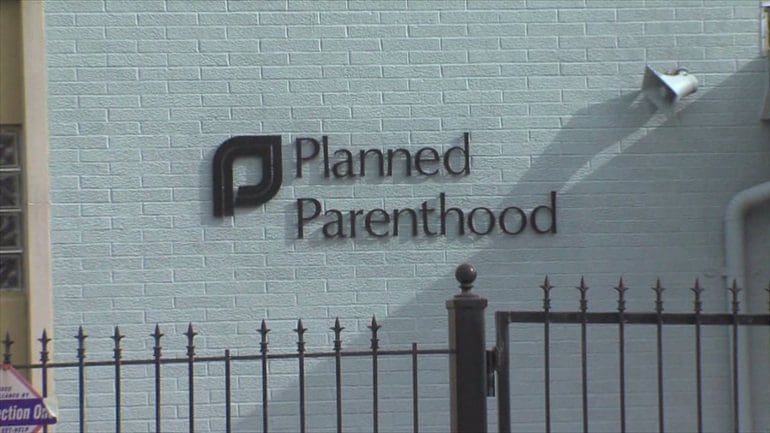A Democrat judge in Austin blocked Texas from fully defunding controversial abortion provider Planned Parenthood.
On Wednesday, State District Judge Maya Guerra Gamble issued a temporary restraining order against Texas’ attempt to strip Medicaid funding from the corporation.
In the last-minute lawsuit that prompted the order, Planned Parenthood argued the state did not provide reasonable notice that it would be stripped of Medicaid funding. The corporation received a termination letter for the funding on January 4, one month in advance.
However, state officials argued that a letter of termination sent in 2016 after Texas first attempted to pull Medicaid funding from them was legally adequate.
What jumpstarted the push to defund Planned Parenthood?
In 2015, the Center for Medical Progress released a series of undercover videos showing the corporation illegally selling fetal tissue from past abortions. Texas soon informed Planned Parenthood they would no longer receive state funding. After a long series of legal challenges, many pro-life advocates thought they had achieved victory after the 5th Circuit Court of Appeals ruled that Texas and Louisiana had the right to defund the business.
Anticipating there would be further legal challenges after the ruling, Texas Right to Life predicted the issue may ultimately be decided by the Supreme Court:
“With yesterday’s decision, seven federal circuit courts have now written opinions on whether Medicaid patients can sue states that have disqualified Medicaid providers — two ruled in favor of states, and five have ruled against states. Accordingly, this question is prime for review by our nation’s highest court.”
Texas might be the most pivotal state in the fight against Planned Parenthood. As Hot Air’s Karen Townsend wrote, “Houston has the largest Planned Parenthood abortion center in the United States. Planned Parenthood facilities in Texas receive about $3.1 million in taxpayer funding from Medicaid annually. An estimated 8,000 Texans use its facilities every year in the state.”
More than 90 percent of Planned Parenthood’s government funding comes from Medicaid.
In stark contrast to Texas’ statewide officials, Democrats in the state Legislature have filed legislation that would force Texas’ Medicaid program to pay for abortions. Fortunately for pro-life advocates, it’s unlikely to pass in a Republican House and Senate.
What will be the fate of Texas’ efforts to defund Planned Parenthood? If the issue goes to the Supreme Court, it will likely depend on how many of the six Republican-appointed judges choose to break ranks. While pro-life advocates consider justices such as Clarence Thomas and Amy Coney Barrett to be reliable votes, many are cautiously optimistic that the more moderate justices will side with them as well.
If the Lone Star State is successful in fully defunding Planned Parenthood, it could bring the state one step closer to the pro-life movement’s ultimate goal: the abolition of abortion.
A second court hearing has been scheduled for February 17 to determine whether a temporary injunction should be placed.





